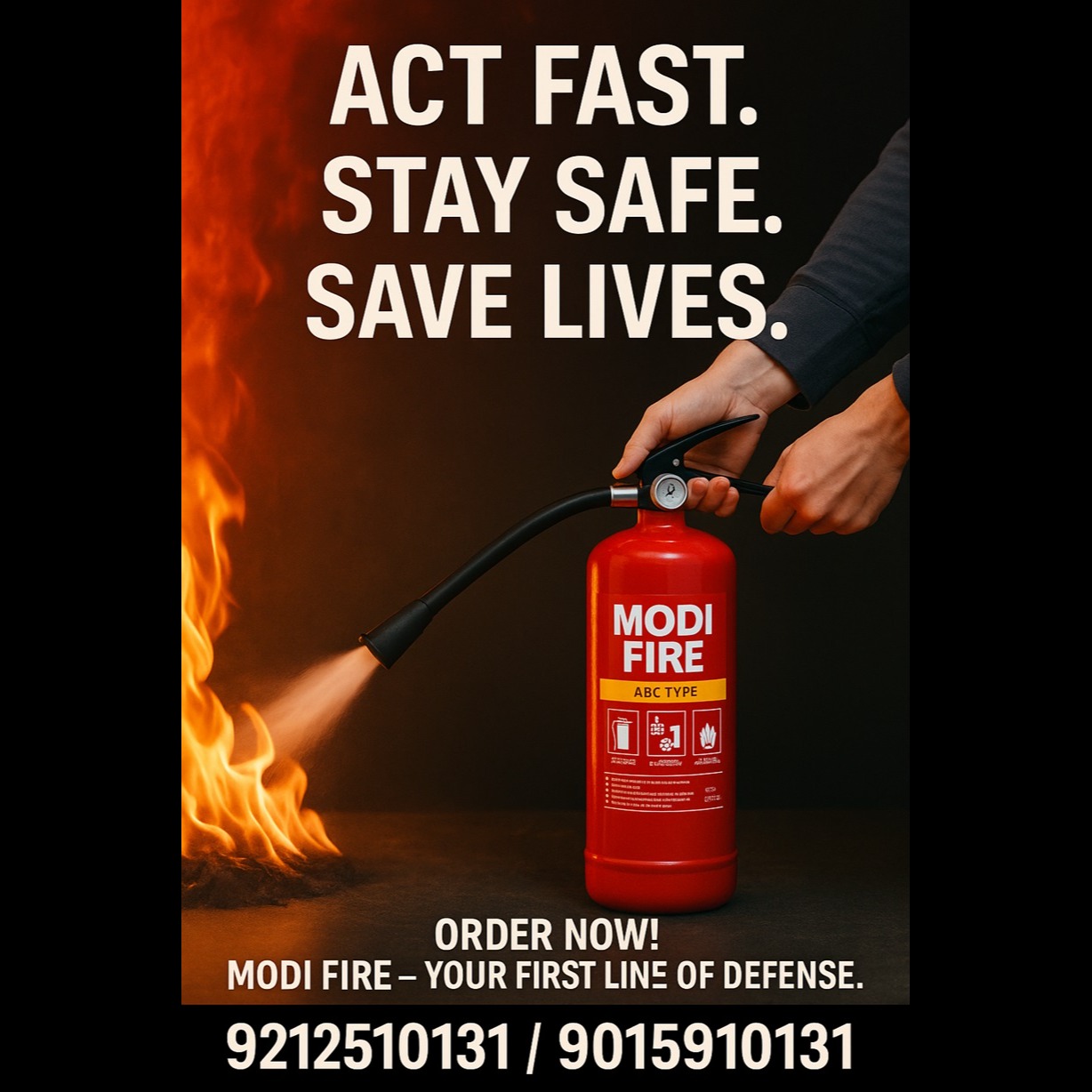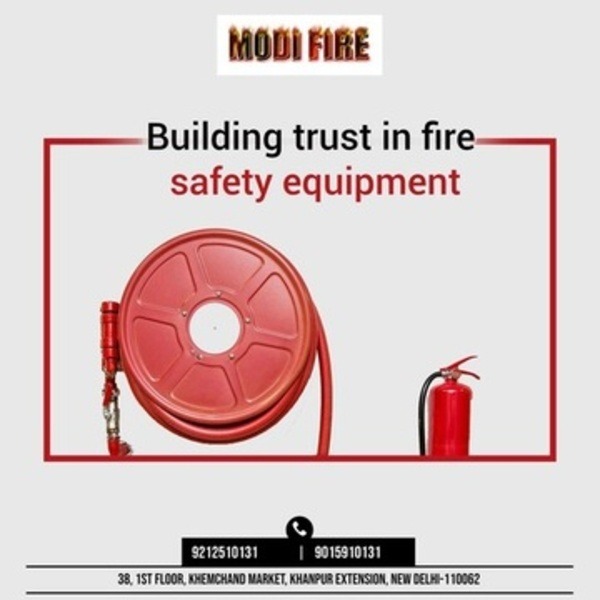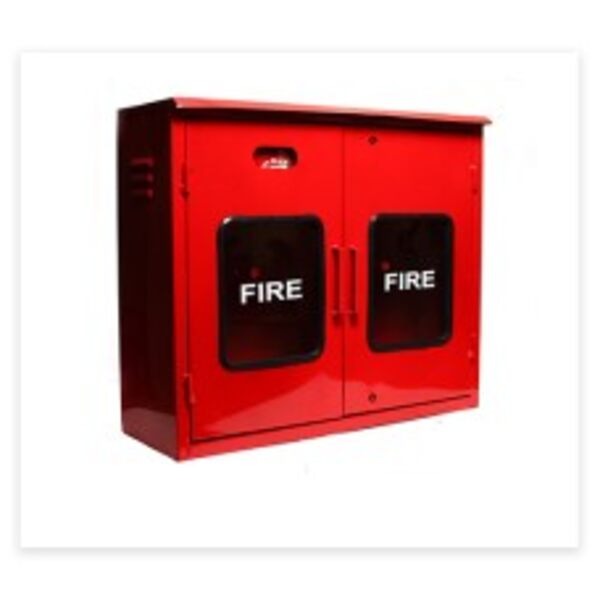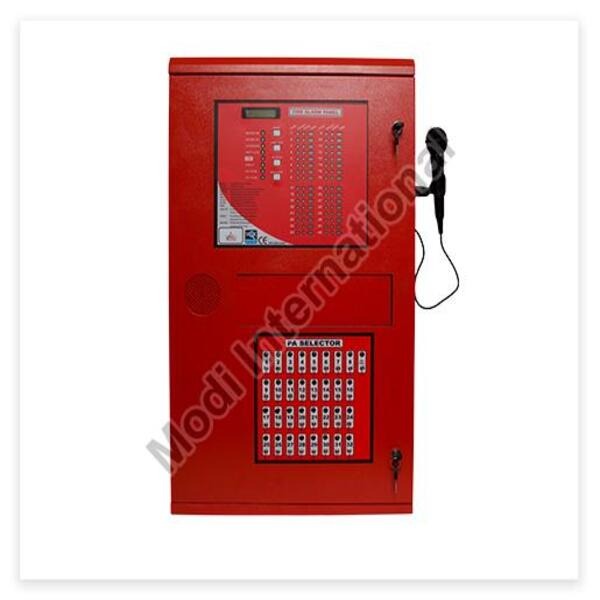
Importance of Fire Extinguisher Refilling
Fire extinguishers are essential safety equipment designed to control or extinguish small fires before they escalate into major disasters. However, having a fire extinguisher alone isn’t enough – regular refilling and maintenance are crucial to ensure it works effectively in an emergency. Here’s why fire extinguisher refilling is so important:
1. Ensures Readiness During Emergencies
Over time, the pressure inside a fire extinguisher can decrease, or the extinguishing agent may settle or expire.
Refilling guarantees that the extinguisher is fully charged and ready to function instantly when needed.
2. Compliance with Safety Laws
Many local fire and safety regulations mandate periodic inspection and refilling of fire extinguishers.
Regular refilling helps avoid penalties and legal issues during safety audits or inspections.
3. Prevents Equipment Failure
An unused extinguisher can still become ineffective due to leaks, corrosion, or expired chemicals.
Refilling and servicing ensure that the mechanism works properly and the agent inside is effective.
4. Cost-Effective Safety
Buying a new extinguisher every time isn’t necessary or economical.
Refilling is much cheaper than replacement, saving money while maintaining safety standards.
5. Extends Lifespan of Fire Extinguisher
Regular maintenance and refilling prolong the life of the extinguisher, ensuring you get the best return on your investment.
6. Enhances Workplace Safety
A well-maintained extinguisher boosts confidence among employees and residents, knowing they are protected in case of a fire.
It also demonstrates responsible safety management, especially in commercial and industrial premises.
Recommended Refilling Frequency
Annual Inspection: Check extinguishers once every year.
After Every Use: Even a partial discharge requires immediate refilling.
Manufacturer Guidelines: Follow the refill schedule suggested by the manufacturer.
Conclusion
Fire extinguisher refilling is not just a formality — it’s a life-saving precaution.
Neglecting this simple step can lead to equipment failure in a crisis, risking property, lives, and compliance. By refilling regularly, you ensure readiness, reliability, and safety at all times.


